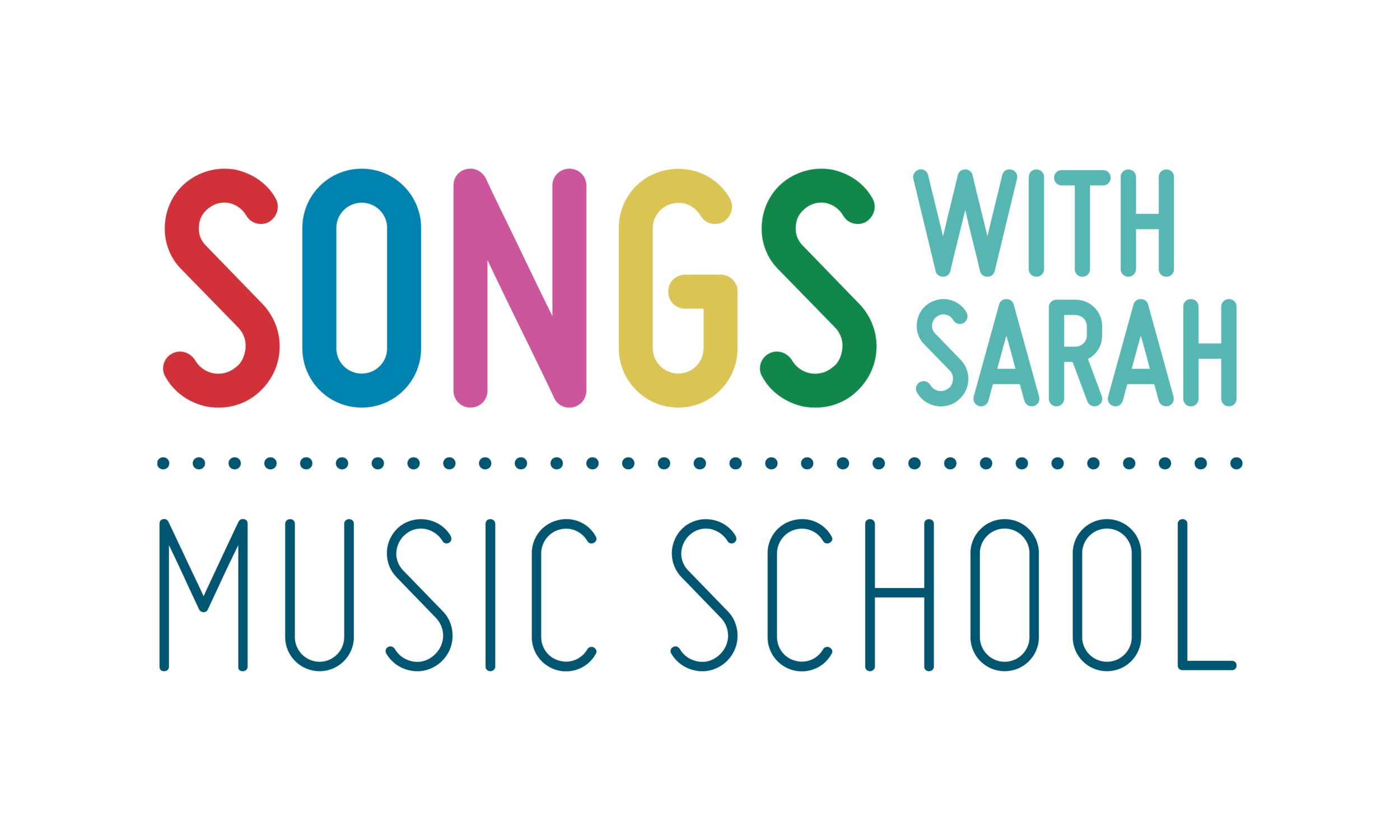Book 3: Partner Lessons (60 minutes), Individual Lessons (45 minutes), or Individual with Partner Overlapping (30 minutes individual, 30 minutes partner, 60 minutes total)
Book 3 becomes more of an audiation workbook to accompany the learning of piano repertoire.
Many new keyboard skills are presented. These skills are fundamental for advancing musically and technically. Students learn:
Letter-names for all naturals, flats, sharps, and double sharps; that different letter-names can be used for the same piano key; and that the same letter-name can be used for different piano keys.
Intervals on scale degrees using syllable names.
Major triads on 12 piano keys and all major primary cadences.
Minor triads on 12 piano keys and all minor primary cadences.
Triads in three positions.
Chromatics (half-steps) and whole-tones (whole-steps).
Triads on major scale degrees.
Articulation symbols.
How to use the damper pedal.
Book 3 introduces more difficult major and minor folk songs in duple and triple meters. The emphasis is still on hearing chord changes and playing simple root-harmony.
Students now learn to play more difficult accompaniments and continue to transpose folk songs and to change tonality and meter of the folk songs.
Short improvisation activities are included in weekly lessons and assignments. These activities increase in variety and complexity.
Pattern instruction includes duple and triple meter rest, tie and upbeat patterns and major and minor tonic and subdominant tonal patterns.
D Major and B Minor, A Major and F# Minor, and E Major and C# Minor are introduced. Students learn to play tonic/subdominant arpeggios and melodic cadences.
The accompanying CD/Podcast links include performances of the music, rhythm and tonal patterns for students to echo, and songs to sing.
Supplemental Material includes: Reading and Writing Book 1, Well Tempered Reader Red Book, Diversions Book 2, Masterwork Classics, Little Peppers Very Easy and more.
How often is my child expected to practice each week? Book 3 continues to give students longer pieces that continue to build foundational music skills and inspire creativity. We continue to assign more technical piano skills and supplemental repertoire and this point, students should be playing piano for at least 20 minutes a day.

